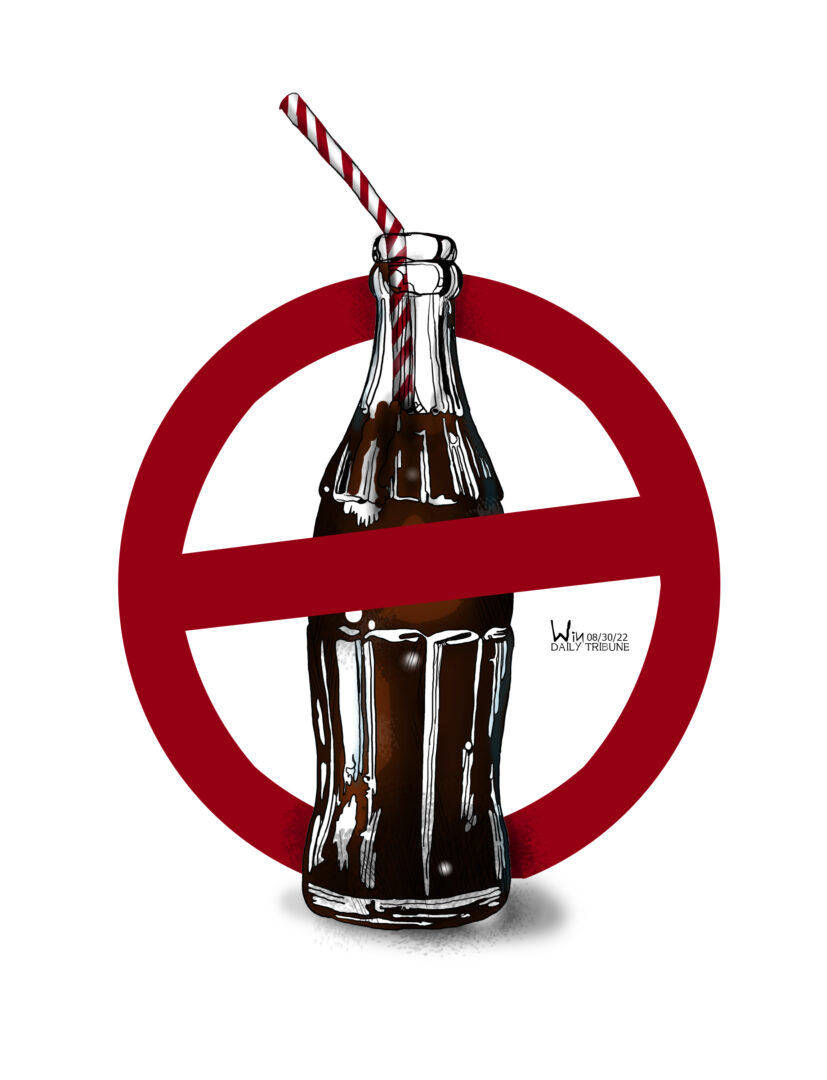Influential lobby groups behind the arm twisting that resulted in Sugar Order 4, which would have allowed the importation of an oversized 300,000 metric tons of sugar, will now have a hard time in trying to manipulate the industry.
The local sector has banded, and the recent appointments in the Sugar Regulatory Administration replaced opportunists with genuine stakeholders.
In a recent forum attended by sugar millers, David Alba, who was the erstwhile general manager of the Asociacion de Agricultores de La Carlota y Pontevedra Inc., pointed out in his address that efforts in Congress for local bottlers to have a liberalized sugar importation regime were solid proof of the pressure being applied on government by multinational soft drinks firms.
He particularly tagged the Committee on Agriculture and Food in the House of Representatives as being influenced to allow the beverage industry to have a separate sugar importation order.
Alba was among the industry leaders who brought the SRA to court for issuing Sugar Order 3 that allowed the importation of 200,000 metric tons of sugar, which coincided with the industry’s harvest and milling season.
Alba then targeted indirect contempt charges against now resigned SRA administrator Hermenegildo Serafica and former Agriculture secretary William Dar, along with the legal team of the SRA, for breach of two injunction orders on the importation.
“There have been whispers to resurrect the issue of liberalization, and that is something we have to prepare against. This and other threats have never fazed us in the past,” Alba said.
The industry has threatened to call a boycott on bottlers in the country if they insist on importation over sourcing local sugar as inputs.
Coca-Cola Beverages Philippines Inc. said bottlers have a shortfall of 450,000 metric tons of premium refined sugar to allow 100 percent of manufacturing capacity for the rest of the year.
The bottlers are targeting relatively cheap imports from Thailand, which are being kept out due to high tariff on the product.
The local unit of the beverage giant then said it had shut down some of its bottling plants due to supply shortage.
Alba said the government will pursue the importation of 150,000 metric tons of purely refined sugar “as a balancing act” meant to stabilize prices, while also supplying the industrial requirements.
Sugar producers said that since the weather has been holding up, the local industry will be able to supply the huge requirements of the soft drinks makers, which has a huge lucrative market in the Philippines.
The arrival of imported sugar will not interfere with the resumption of operations of refineries in November, Alba said, adding that an SRA order is being drafted to ensure this.
With their minions in SRA removed, the multinational lobby firms are now up against an equally formidable front involving the local industry with government behind it.
